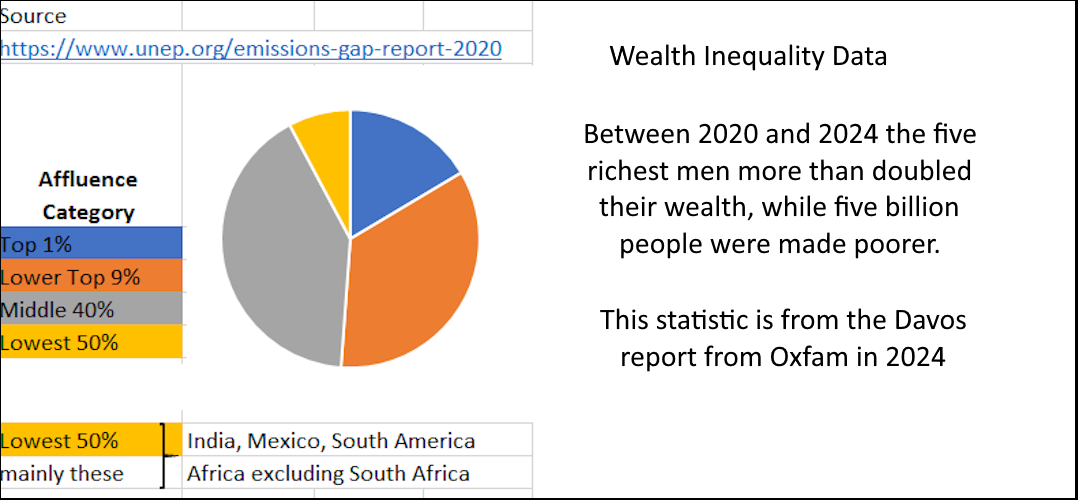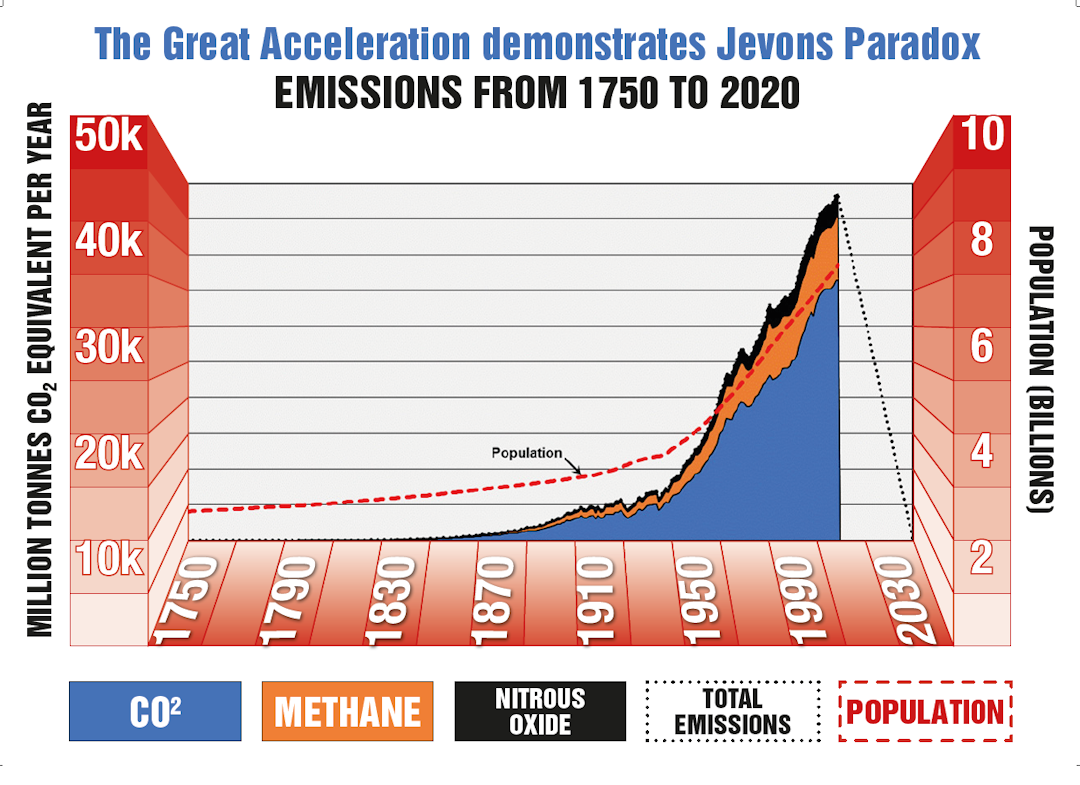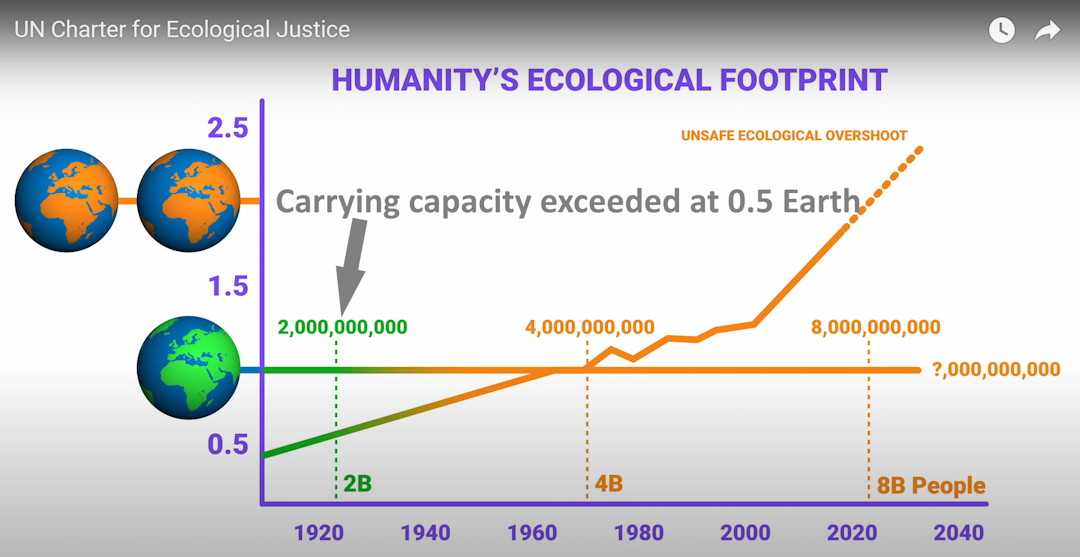Irrational economics


· 9 min read
There are two fundamental problems in the mathematical models that are taught to students of economics. The models all employ a single hypothetical person who experiences the average income and expenses. There is no facility to measure or control the impact of economic policy on wealth distribution. The influence of the wealthy on the mainstream media, leaves democracies with no defence against those seeking to expand their power. The wealthy can exploit the social media algorithms and misinformation to acquire political power. Consequently, challenges to the constitution, freedom of speech, and disrespect for the law can quickly be achieved by a few wealthy individuals.
The second fundamental problem in the mainstream economic models is that they neither measure nor predict the environmental damage associated with different economic policies.
There are several economists who are challenging the global society to rethink, for example:
• Gary Stevenson — author of The Trading Game, addresses wealth inequality
• Grace Blakely — author of Vulture Capitalism, addresses the wealth hierarchy
• Yannis Varoufakis — author of Technofeudalism, addresses the wealth hierarchy
• Marjorie Kelly - author of Wealth Supremacy, addresses the wealth hierarchy
• Jason Hickel — author of Less is More, addresses overconsumption
• Kate Raworth — author of Doughnut Economics, suggests a circular economy that would be sustainable if we had not already built up such a large ecological debt
• The World Call to Action - several NGOs involved addressing the megarisks
Economic experts who work in the public sector are never punished when their predictions are wrong. Economists in the private sector can rake in profits by betting on global financial collapse, but their predictions are never heard publicly. This anomaly is revealed in the book ‘The Trading Game’ by Gary Stevenson. The book reveals that our financial markets do not operate for the benefit of humanity. Traders callously make money out of the misery of financial collapse. The managers at Citibank showed stark similarities to the ruthless drug-dealers that Stevenson had encountered during his youth in a deprived area of London.
Most economists come from affluent backgrounds. Gary was a rarity. The book tells how sudden acquisition of extreme wealth played havoc with his spiritual well being, and showed how that phenomenon was reflected in his colleagues at Citibank. Gary extricated himself from the soulless financial world, and is now working hard to raise awareness about the collapse of the global economy, and the reasons that this is going undetected.
The mindset shift that is needed to let go of our addiction to growth economics and our wealth and power hierarchy goes much deeper than redesigning our economic model. We need to reevaluate our social values, and the insular family structure, before we can fully break with growth economics and construct a loving and caring global family. To achieve this objective we shall need to challenge any power-seekers who have risen to the top of the wealth hierarchy.
The viability of our global civilization is under threat. In 2024 we breached the safe zone of 1.5 degrees above global warming, and we are in an accelerating extinction event. The speed of this extinction event is much higher than in previous extinction events when species had time to evolve and adapt. Humans are not exempt from this extinction. Since 2020, human life expectancy and healthy life expectancy (HALE) have been in decline.
The gap between those at the top of the wealth hierarchy and those at the bottom is widening. The pie-chart below was generated in Excel using the 2020 UNEP Emissions Gap Report. Wealth is clearly not flowing down the hierarchy.

Do our military structures serve to defend us? Journalist and author Matt Kennard reveals that the USA and the UK have often been responsible for underhand intervention in countries where the political leader did not suit their commercial interests. In 2015 Noam Chomsky recorded this interview presenting the United States as the biggest terrorist.
America exerts its military power at considerable ecological cost. President Trump is known to be an unscrupulous individual, having a long list of convictions that were upheld. The Trump election campaign was awash with climate denial misinformation. Since his inauguration, the nature of the executive orders from the White House is reminiscent of the manner in which Hitler undermined democracy after he came into power.
America is now expressing belligerent expansionist policies in their desire to acquire Greenland and annexe Canada. This anti-social behaviour from America is straining the NATO alliance. Trump likes to portray himself as a peacemaker, but he is putting pressure on NATO allies to increase their defence spending.
Peace will not be achieved using the current economic model because it encourages competition instead of collaboration. Every war, both past and present involved a conflict over natural resources or a desire to control a population. This has to change if we are to survive this century. Climate and ecosystem breakdown has no regard for national borders. We need to acquire the emotional maturity to collaborate and share our diminishing natural resources fairly.
Modern media and education encourages an unwise techno-optimism, and a belief that we are entitled to flourish even while we abuse the environment upon which we rely for food and shelter.
Our STEM education encourages us to use our ingenuity to become rich. It does not emphasise overshoot, nor the environmental impact of population, affluence, and technology. This makes the affluent world highly culpable in the ongoing ecological injustice. Work in the developed world usually entails eco-costly objectives. Leisure time, especially travel, often adds further eco-costs. Countries where subsistence farming still dominates, are being pressured into that same ecologically damaging model.
The I=PAT insights from environmental science reveal three key drivers to environmental degradation caused by humans:
Human Environmental Impact = Population * Affluence * Technology
Our economic model urges us to increase all three of these drivers, so that we are essentially engineering our own extinction. Any progress towards the energy transition simply increases our ecological debt. The insights from I=PAT warn us that it is not possible to decouple economic growth and technological advancement from the degradation of our environment.
Right now, we are amplifying all these drivers. The population factor represents our powerful collective ingenuity. However, powerful people have used their ingenuity to delude the American people into denying climate change. Affluence has been employed to create the propaganda required to normalise both the genocide in Israel, and the global ecocide that results from growth economics. We are very good at propaganda. If we chose to maximise mitigation from climate breakdown and ecosystem collapse we could deploy propaganda advantageously towards that goal. Instead, we are using it to delude people and to prop up a flawed economic model.
Our use of technology is neither cautious nor wise. Any gains in energy-efficiency are soon swallowed up by our increased reliance on the energy hungry Artificial Intelligence. The energy transition to renewables requires eco-costly resource extraction. Genuine sustainability requires a return within the carrying capacity of Earth.

We are 8 billion humans unequally exploiting a surface area of 12 billion global hectares. The data relating to ecological overshoot reveals that we have over-exploited this capacity for more than fifty years. To become genuinely sustainable, we would need to restrict ourselves to about half the available biocapacity; this would allow other life forms to thrive and hopefully recover from the mass extinction event. This involves reducing the global economy to about a quarter of the current levels.
The screenshot below is taken from the five-minute animation introducing the UN Aspiration for Ecological Justice which you can find on the homepage of my website Poems For Parliament.

Our global economy relies on constantly stealing resources from the less-developed global South and from future generations. What would a wise strategy be? What would maximise mitigation from the unfolding collapse for everyone?
Pronatalism has combined with our economic model to create our current predicament. We are using our collective ingenuity to delude ourselves, rather than attempting to return within the carrying capacity of Earth. Imagine what rapid strides we could make if that ingenuity was focused on dismantling the wealth hierarchy and shrinking our human enterprise.
It is widely recognised that our international family policies are currently aggravating the climate crisis. Why not negotiate targets to voluntarily shrink our populations whilst redistributing global resources as equitably as possible? Why not introduce rationing and sharing of essential supplies, rather than fighting over dwindling resources?
Affluence always incurs some ecological cost. To shrink the human enterprise, we shall need to employ affluence for purposes that will enable us to dismantle the wealth hierarchy, and voluntarily and peacefully share resources and expertise as we collaborate peacefully to return within the carrying capacity of Earth.
Transition to renewables alone, will not cause us to return within the carrying capacity of Earth. Global collaboration is needed to counter the Jevons Paradox and enable everyone to subsist whilst we downsize the global economy.
Electronic communication is the most powerful technology that we have at our disposal. It enables us to cross-pollinate ideas across the globe. With a shared aspiration to shrink the global economy, our collective ingenuity will ensure that viable strategies will soon emerge.
If you like the concept of a global aspiration to maximise mitigation from the existential crises that we face, then you might like the ideas in my submission to the UNFCCC 2023 Global Stocktake, and my Framework for Maximum Mitigation.
There is an Illuminem article by Wim Naude called: Seven reasons why degrowth is no solution to the ecological crisis. The mainstream Degrowth movement does not yet recommend a concerted effort to shrink the global economy and global population. Therefore, Wim Naude is correct with his conclusions. We need a new economic model to put a cap on wealth, share resources fairly, and facilitate a temporary global birth strike. This is a prerequisite to genuine sustainability and probably our only chance of avoiding extinction this century.
illuminem Voices is a democratic space presenting the thoughts and opinions of leading Sustainability & Energy writers, their opinions do not necessarily represent those of illuminem.
Steven W. Pearce

Adaptation · Mitigation
illuminem briefings

Mitigation · Climate Change
David Carlin

Climate Change · Mitigation
Euronews

Mitigation · Climate Change
The Washington Post

Mitigation · Climate Change
Inside Climate News

Climate Change · Mitigation